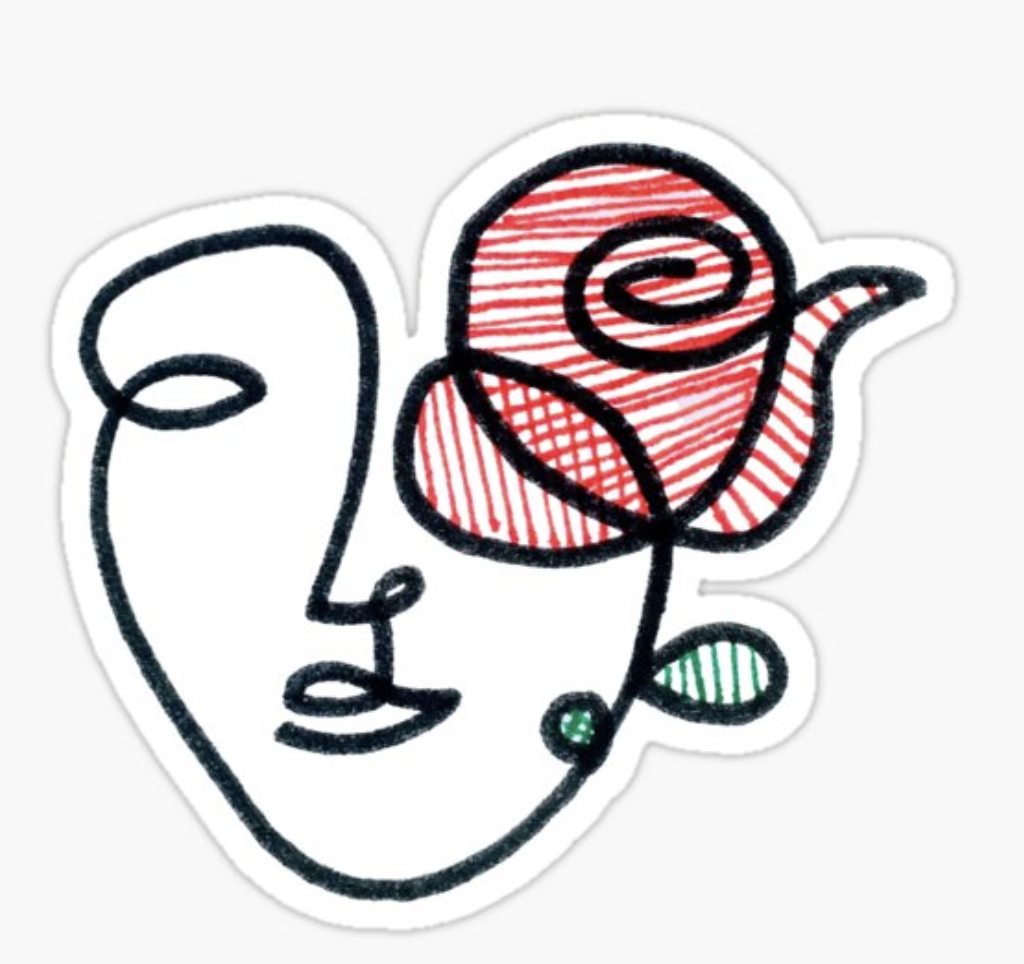Citizen and Community Science
Becoming A Certified Citizen and Community Scientist

Citizen Science is a vibrant, increasingly vital approach to empowering and equipping community members with the scientific acumen and public advocacy tools needed to build and sustain wellness and stability in their neighborhoods. Led by individuals with strengths in the physical sciences and community-based outreach and engagement, this program focuses on teaching participants the essential principles of citizen science, leveraging best practices from the natural and social sciences. Please note that this service is only available to individuals who are not affiliated with an academic, healthcare, or policy institution or acting on behalf of one.
CHUM’s three-day certificate-based training on citizen science emphasizes 1) independence and competency in identifying and reporting community hazards and risks; 2) generating good, reproducible scientific methods that are inexpensive and straightforward to use; 3) facilitating capacity-building to make citizen science more broadly available and sustainable in communities; and 4) instilling advocacy and policy activism skills to keep public and private institutions accountable. As part of this training, we teach participants how to methodically identify strengths and needs within their communities, with a focus on environmental health (e.g., identifying sources of residential pollution, etc.). This program further teaches participants approaches to policy activism and advocacy as a means of prevention of community ills and generating resilience in the aftermath of deep, concentrated community hazards. Upon successful completion of this training, participants will be given a Citizen Scientist Certificate and may be eligible for Continuing Education credits.
In order to tailor this training to the specific needs of a community, CHUM’s Citizen Science Certification Program has two distinctive tracks: scientific investigation and advocacy. The scientific investigation track focuses on providing participants with the baseline scientific skills needed to identify and develop a scientific report on potential risks and harms in their community that have a particular biological or environmental element, including pollutants. The advocacy track focuses on providing participants with the communication tools and approaches needed to successfully engage with policymakers and major stakeholders to bring institutional awareness and action to community issues.
Who’s this for?
Members of the general public only
Availability
In-person; also available via videoconferencing (Zoom, Microsoft Teams, etc.).
Length of Training
We offer this training in durations of 4 hours and 6 hours | “Train the Trainer” also available
Ready to Begin?
Go here to connect with us about our Citizen Science training program!



